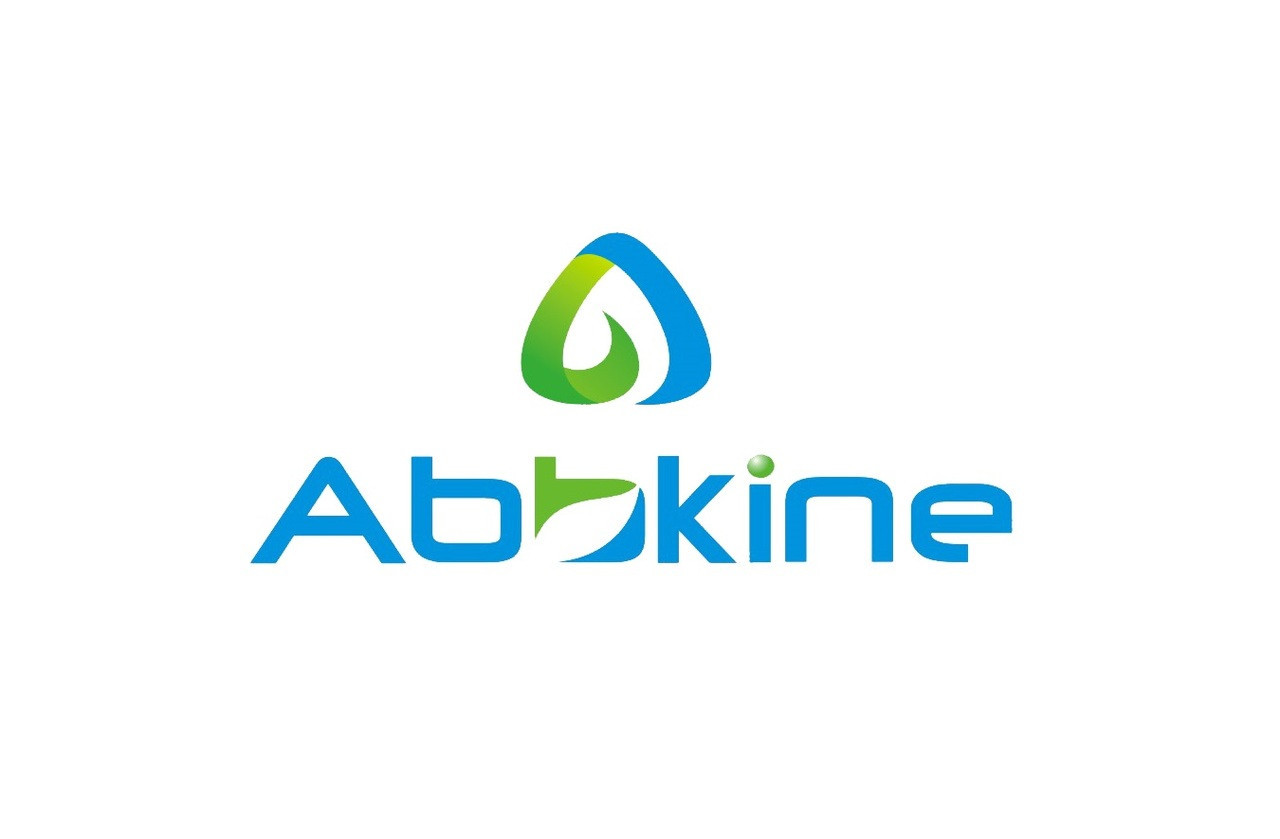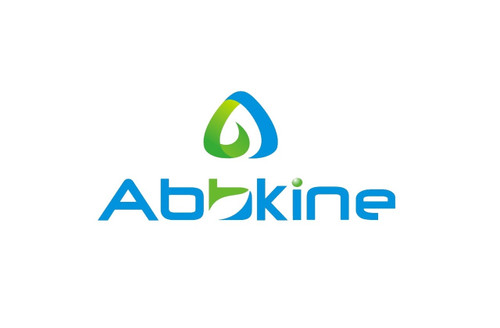Product Description
Rat PX domain-containing protein kinase-like protein (PXK) ELISA Kit | KTE100377 | Abbkine
Application: This Rat PX domain-containing protein kinase-like protein (PXK) ELISA Kit employs a two-site sandwich ELISA to quantitate PXK in samples. An antibody specific for PXK has been pre-coated onto a microplate. Standards and samples are pipetted into the wells and anyPXK present is bound by the immobilized antibody. After removing any unbound substances, a biotin-conjugated antibody specific for PXK is added to the wells. After washing, Streptavidin conjugated Horseradish Peroxidase (HRP) is added to the wells. Following a wash to remove any unbound avidin-enzyme reagent, a substrate solution is added to the wells and color develops in proportion to the amount of PXK bound in the initial step. The color development is stopped and the intensity of the color is measured.
Detection Method: Colorimetric
Conjugate: N/A
Sample Type: Cell culture supernatants#Serum#Plasma#Other biological fluids
Assay Type: Multiple steps standard sandwich ELISA assay with a working time of 3-5 hours. It depends on the experience of the operation person.
Kit Component: • Rat PX domain-containing protein kinase-like protein microplate
• Rat PX domain-containing protein kinase-like protein standard
• Rat PX domain-containing protein kinase-like protein detect antibody
• Streptavidin-HRP
• Standard diluent
• Assay buffer
• HRP substrate
• Stop solution
• Wash buffer
• Plate covers
Features & Benefits: Rat PX domain-containing protein kinase-like protein (PXK) ELISA Kit has high sensitivity and excellent specificity for detection of Rat PXK. No significant cross-reactivity or interference between Rat PXK and analogues was observed.
Calibration Range: Please inquire
Limit Of Detection: Please inquire
Usage Note: • Do not mix components from different kit lots or use reagents beyond the kit expiration date.
• Allow all reagents to warm to room temperature for at least 30 minutes before opening.
• Pre-rinse the pipet tip with reagent, use fresh pipet tips for each sample, standard and reagent to avoid contamination.
• Unused wells must be kept desiccated at 4 °C in the sealed bag provided.
• Mix Thoroughly is very important for the result. It is recommended using low frequency oscillator or slight hand shaking every 10 minutes.
• It is recommended that all samples and standards be assayed in duplicate or triplicate.
Storage Instruction: The unopened kit should be stored at 2 - 8°C. After opening, please store refer to protocols.
Shipping: Gel pack with blue ice.
Precaution The product listed herein is for research use only and is not intended for use in human or clinical diagnosis. Suggested applications of our products are not recommendations to use our products in violation of any patent or as a license. We cannot be responsible for patent infringements or other violations that may occur with the use of this product.
Background: The deduced 578-amino acid human PXK and 581-amino acid mouse Pxk share over 90% amino acid identity. PXK contains an N-terminal PX-like domain predicted to bind phosphoinositides, a putative protein kinase domain in the central region, which has greatest similarity to Drosophila slob, and a number of polyproline motifs. The authors identified a truncated PXK isoform in both human and mouse. RT-PCR analysis detected expression of the full-length Pxk in all mouse tissues examined and expression of the Pxk short isoform in all mouse tissues except skeletal muscle. Immunohistochemical studies detected Pxk expression throughout the nervous system in both mouse neurons and glia, including oligodendrocytes, astrocytes, microglia, and Schwann cells.
Alternative Names: PXK; FLJ20335; MONaKA; PX ser/thr kinase v2; PX serine/threonine kinase; modulator of Na;K-ATPase long form
Search name: PXK; FLJ20335; MONaKA; PX ser/thr kinase v2; PX serine/threonine kinase; modulator of Na;K-ATPase long form
Tag: PXK
 Euro
Euro
 USD
USD
 British Pound
British Pound
 NULL
NULL












